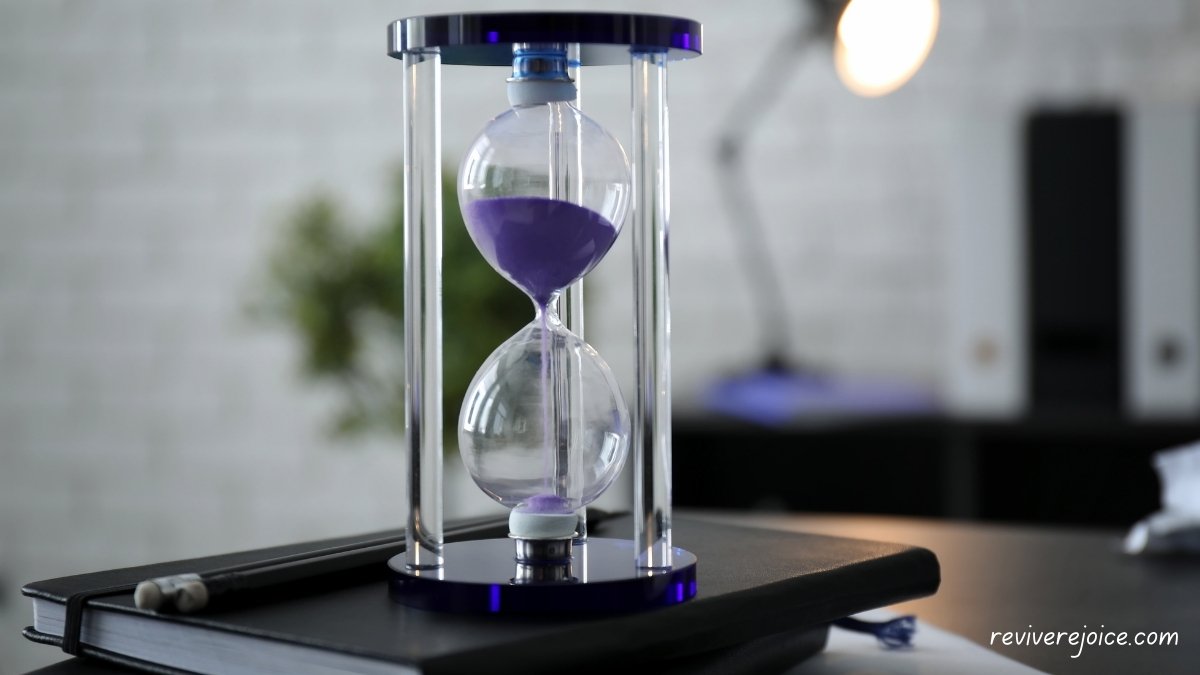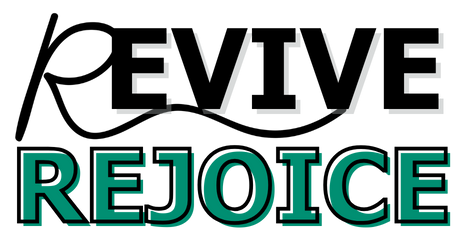How To Stop Wasting Time: 5 Things To Stop Doing
Time feels like it’s slipping away, and you can’t help but wonder where it all went.
The frustration of unfinished tasks, the regret of wasted hours it’s a cycle that drains your energy and leaves you feeling stuck.
You know deep down that something needs to change, but it’s not always clear where to start.
If you want to stop wasting your time you have to stop using your phone all the day, stop being on PC, stop those activities which occur your wasting of time.
#1. Stop Multitasking: Focus On One Task At A Time

The Illusion of Productivity
Multitasking feels like a superpower, right? It gives the illusion that you’re doing more, being more productive, and conquering your to-do list like a boss.
But in reality, it’s a trap. People who multitask are less efficient at switching between tasks and struggle with information retention.
You think you’re handling multiple things, but your brain can’t truly focus on more than one task at a time.
The Science Behind Focus
The more you divide your attention, the less effective you become. This is why focusing on one task at a time is crucial.
When your brain zeroes in on one activity, it enters a state of “flow,” which boosts creativity, performance, and overall satisfaction.
It’s this single-minded focus that leads to breakthroughs—whether you’re coding, designing, writing, or simply organizing your day.
The Power of Being Present
Here’s where the real magic happens: when you stop multitasking, you train your brain to stay present.
In a world full of distractions social media, emails, pop-up notifications—being present is like a secret weapon.
You’re no longer pulled in ten different directions. Instead, you’re grounded, productive, and moving with intention.
#2. Limit Distractions: Learn To Control Your Environment

Identify Your Biggest Time Killers
It’s easy to get caught in the web of distractions without realizing it. Think about it: how many times have you checked your phone, skimmed social media, or been interrupted by emails?
The average person spends 3 hours and 15 minutes a day on their phones, with social media apps taking up 38% of that time.
Do not waste your too much time on social media app because it waste your time and produce obstacles in your path to move forward.
Create a Distraction-Free Zone
Once you know your biggest time suckers, it’s time to create a space that works for you, not against you.
If you’re constantly working in chaotic or cluttered environments, you’re setting yourself up for failure.
Visual clutter can overwhelm the brain and reduce focus. Whether you’re working at home or in an office, find a space that is organized, quiet, and free from distractions.
Schedule Breaks, Don’t Drift Into Them
The brain needs breaks, but they need to be intentional. Scrolling through Instagram for 15 minutes between tasks doesn’t count.
Instead, plan and schedule short, productive breaks to recharge your focus.
Using techniques like the Pomodoro Method working for 25 minutes followed by a 5-minute break can improve productivity and reduce burnout.
When you structure your downtime, you avoid the temptation to drift into distractions and waste hours.
#3. Say No To Low-Value Tasks: Prioritize What Matters

Identify the True Time-Wasters
You’ve probably heard the phrase, “Not everything that can be done should be done.”
Whether it’s responding to non-essential emails, endless meetings with no outcome, or reorganizing your workspace for the third time, these tasks can easily drain your time.
Up to 41% of time in companies is wasted on tasks that are of low value. These tasks don’t push you closer to your goals; they keep you busy without making an impact.
The 80/20 Rule in Action
You’ve heard of the Pareto Principle, right? The 80/20 rule states that 80% of your results come from 20% of your efforts.
This means most of the value in your day comes from a small percentage of high-impact tasks.
Yet, it’s easy to get caught up in the 80% of tasks that don’t move the needle. To avoid this trap, prioritize your most important tasks first, the ones that drive you toward your bigger goals.
When you knock out those critical tasks, you not only feel accomplished, but your productivity skyrockets.
Set Boundaries to Protect Your Time
It’s not always easy to say no, especially when you’re surrounded by demands from colleagues, clients, or even your own personal expectations.
But here’s the thing: Setting boundaries around your time is a form of self-respect.
This could mean scheduling time blocks for deep work and refusing to be interrupted or delegating low-value tasks that others can handle.
#4. Don’t Start Your Day Without A Plan: Set Daily Priorities

The Chaos of an Unplanned Day
That’s what happens when you start your day without a plan.
It’s easy to fall into the trap of reacting to whatever comes your way, but that approach leaves you at the mercy of external forces emails, last-minute tasks, and distractions.
People who write down their goals are 42% more likely to achieve them. That’s why setting daily priorities isn’t just a productivity hack it’s essential.
How to Build a Daily Plan
Creating a daily plan doesn’t have to be complicated. Start by writing down the essential tasks you need to accomplish, but don’t overload yourself.
A well-structured day keeps you from veering off into distractions.
By focusing on a handful of priorities, you set realistic expectations and build momentum.
This simple habit saves you from spinning your wheels on unimportant tasks.
The Consequences of Skipping This Step
Skipping this step is like driving without a map. You might make some progress, but you’ll likely waste time and energy.
Without a plan, you’re more likely to fall into procrastination, jump between tasks, and spend time on things that don’t really matter.
When you start with priorities, you eliminate unnecessary decision-making and free up mental energy for what truly counts.
#5. Avoid Perfectionism: Done Is Better Than Perfect

The Trap of Perfectionism
Perfectionism might seem like a good thing on the surface it drives you to deliver the best possible results. But here’s the problem: it’s a time thief in disguise.
Striving for perfection can keep you stuck in a cycle of endless revisions, tweaks, and second-guessing.
When you’re too focused on making everything flawless, you end up wasting time on details that may not even matter in the big picture.
Done is Better Than Perfect
The truth is, nothing will ever be completely perfect. “Perfection is the enemy of progress,” as the saying goes.
Instead of holding onto projects for days, weeks, or even months, focus on getting things done and improving as you go.
When you let go of the need for flawlessness, you’ll start noticing how much more you accomplish. Small wins pave the way for bigger victories.
The Paralysis of Overthinking
Perfectionism also leads to what’s called “analysis paralysis,” where you spend so much time overthinking that you fail to act.
Harvard Business Review found that the fear of making mistakes is one of the biggest drivers of this behavior.
But here’s the thing: mistakes are part of the process. They help you learn, grow, and improve.
Ever try ever failed, No Matter “Try Again” “Fail Again”, Fails Better but one Day the world is yours.








